
A lecturer at the University of Ghana Business School, Professor Godfred Bokpin has explained why the cedi is appreciating in value against major foreign currencies, especially the dollar.
He was contributing to discussions on TV3’s current affairs show, The KeyPoints on May 24.
The topic for discussion was, ‘What accounts for the appreciation of the value of the cedi?’
As of May 24, the exchange rate was GHC11 to $1. A drop from GHC15 to $1 at the beginning of the year.
Prof Bokpin said the current trend in the value of the cedi is due to effective collaboration in the implementation of fiscal and monetary policies, between the Minister of Finance, Dr Cassiel Ato Forson and the Governor of the Bank of Ghana, Dr Johnson Asiama on one hand, and the gold reserves accumulated by the erstwhile New Patriotic Party (NPP) administration on the other.
He also pointed out that more work needs to be done to sustain the gains made.
Below is a transcript of a detailed explanation offered by Prof Bokpin while contributing to the discussions.
“You can see leadership here from the highest level. You can see painful choices that are manifesting in what we are seeing. I want to look at it from two main policies- There is s fiscal backing. If you look at what the economy has been through in the last 3 years, the excess injection of liquidity into the economy through high expenditure. We have seen this government do within five months what we have been calling for since COVID-19 (2020-2025). Since COVID, we’ve been saying that we need to cut wasteful spending, so that we choose a gradual fiscal consolidation that will be less painful, we didn’t do that,
To make matters worse, in 2022, the Bank of Ghana moved in strongly with excess liquidity that created inflationary pressures that pushed over 800,000 into poverty. Then in 2024, you realised that the IMF programme, we missed all the targets, with the exception of GDP growth that was higher than programmed and international reserves. When it comes to the main anchor for fiscal consolidation, we missed it.
We were supposed to do 0.5% of GDP on primary surplus, but we did a negative of more than 3%. So, they have used the 2025 budget to more or less correct some of these imbalances. to the extent that they have had to restore the IMF programme back on track by moving from a negative surplus of more that 3% of GDP to a primary balance-positive of 1.5% of GDP.
What that means is that we’ve done this but there is a tradeoff- growth projection was lower than the fiscal outturn in 2024. So, to a large extent government is not spending as we have seen in the last couple of years. In nominal terms, we shrunk expenditure by GHC10 billion compared to 2024. So, in a lay man’s terms, the economy was overheating, they had to cool it down.
It is like putting the economy in a medically induced coma to cool it down. The minister called it shock therapy. So we reduce our gross financing needs from more than GHC60 billion in 2024 to just around GHC44 billion.
Government is not borrowing as much as we have been doing. And even the borrowing that we are doing, they are sweeping back balances from state-owned enterprises. So they are not accessing options on the market like before. That has caused the treasury bill rate to come down.
So, from the fiscal side, we have switched what we call expenditure-based fiscal consolidation. It is good in the short term. So, from the fiscal side, there is policy backing.
There is also the complementarity aspect. Something we haven’t seen in the past between the fiscal and monetary. Governor Addison didn’t get what the current Governor is enjoying in terms of coordination- Fiscal and Monetary.
In a normal sense, you expect that the fiscal will complement the monetary, but what we’ve seen in the time past was that we were pursuing monetary policy as subordinate to fiscal, because the fiscal indiscipline was high. In that case, there was no way you can deploy monetary policy effectively to achieve the desired outcome. Now they are working together. So here, spending is not optimal, but you also see from the monetary policy point of view that they are mopping up excess liquidity- We call that sterilisation.
Essentially, what they are doing is that the excess liquidity that will chase foreign currency, you are mopping it up. In that case, with improved supply- Gold export, cocoa remittances, the upper hand is on the supply side. So, with minimal intervention in the market, it is likely to cause the strengthening of the local currency. So, that is what we are seeing. So, in a certain sense, there is coordination and there is leadership. This is not accidental. It is an effort by government to stabilise the economy. That is very good.
The question probably is whether this appreciation is not sudden and aggressive? I will say the answer is yes. If the strengthening is as a result of general improvement in the economy, you are likely to see gradual strengthening of the cedi. In the short term, the optics are good because inflation is likely to trend downwards. Actually, the President was right when he said by 1st quarter 2026, inflation will come down to single digit. That is largely consistent with projections.
However, sustainability is the big issue. That is why the market is concerned that if you see this aggressive strengthening, the question is, can we sustain it? Given that it is the same cedi we are talking about, people are gradually concerned. The question also is how do I plan going forward? We will face considerable challenges in terms of sustaining it because government cannot operate same 2025 budget in 2026 and 2027.
You cannot continue to subdue expenditure because you have to begin to roll out your policies and as you launch those policies, you now have to back it with cashflow by spending. And as government begins to spend optimally and the whole economy triggers in, we will see actually the forces of demand and supply now determining where it should be.
Look at it this way also, I was expecting that the Monetary Policy Committee will cut the policy rate in line with what we are seeing. It looks to me that they are adopting the cautionary approach. That’s let’s be very careful. It’s better we watch the data a little bit before we cut the rate. Look at it that in the market, all the variables do not align. That should tell you that there is more work that we have to do to sustain this going forward.
You see that the Monetary Policy rate is 28%, inflation is around 21% or so. The gap is quite wide. While the Treasury Bill rate has come to 15% -16% thereabouts. You see the Monetary Policy rate is still high. We must be careful of the kind of economy we want to build so that the positioning of the exchange rate must align. Stability and predictability is what is important.
My position is that yes, part of the strengthening of the cedi we are seeing now, was also inherited from the previous administration. If you look at the aggressive nature with which the previous administration built reserves, it was quite good That has allowed some degree of freedom for the market to witness the kind of inflows we are seeing now from the supply side.
If the previous government wanted to push down the exchange rate, they had that leverage. Ahead of the election, some of us thought that the central bank will interfere in the market and drag the rate down, more for political expediency because they had the reserves. They had exceeded the IMF target and all that. I think that there was good leadership in how the managed the transition- preserved the reserves and handed over to the incoming administration and they also built on that. So, ultimately, it is Ghana that has won.”
The post Here is why the cedi is performing well against foreign currencies as explained by a lecturer of finance first appeared on 3News.
Read Full Story

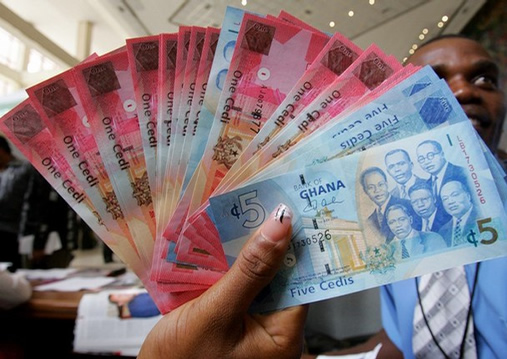
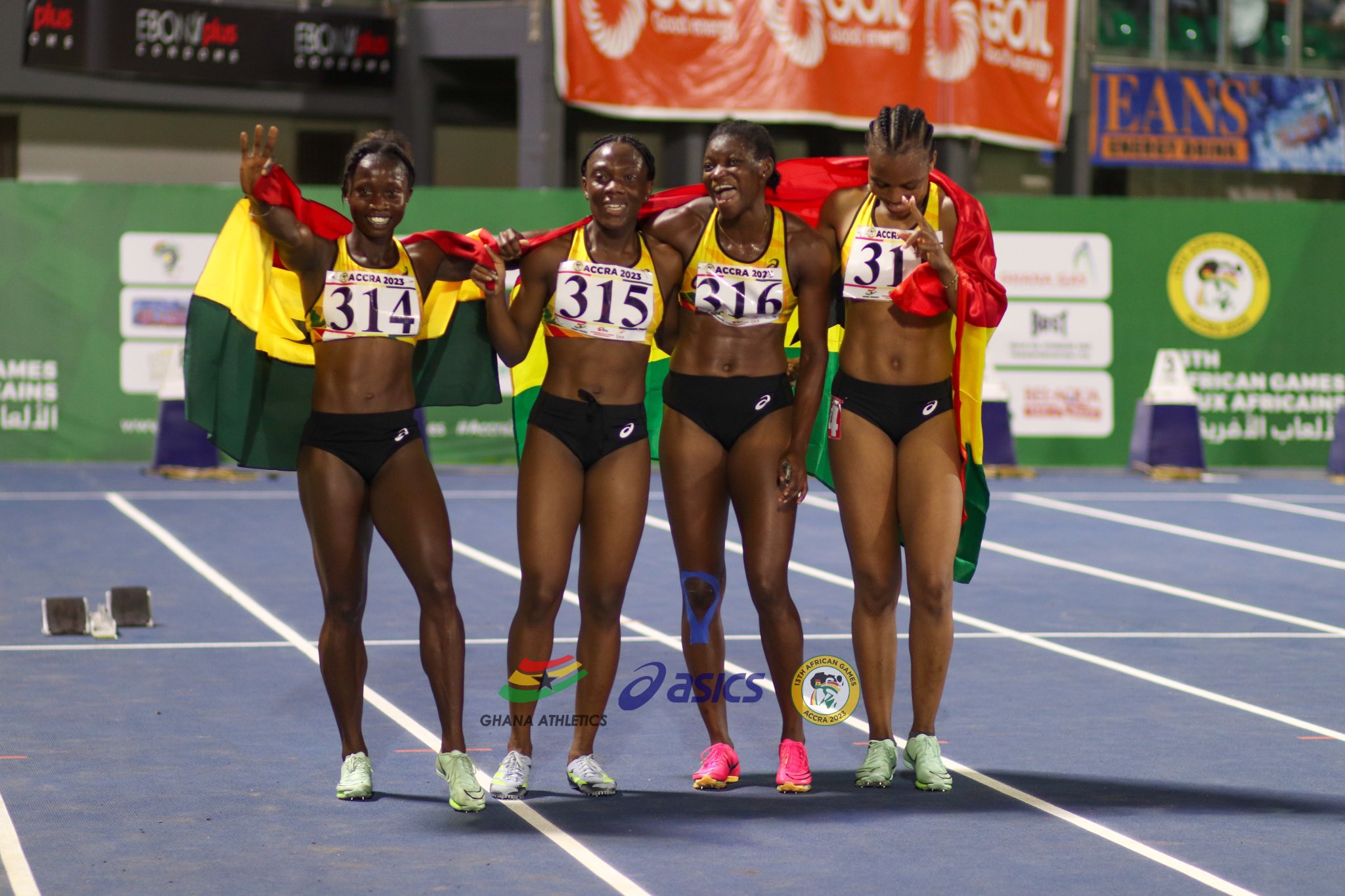

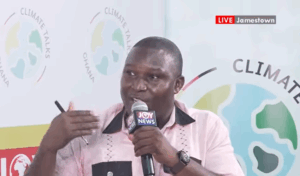






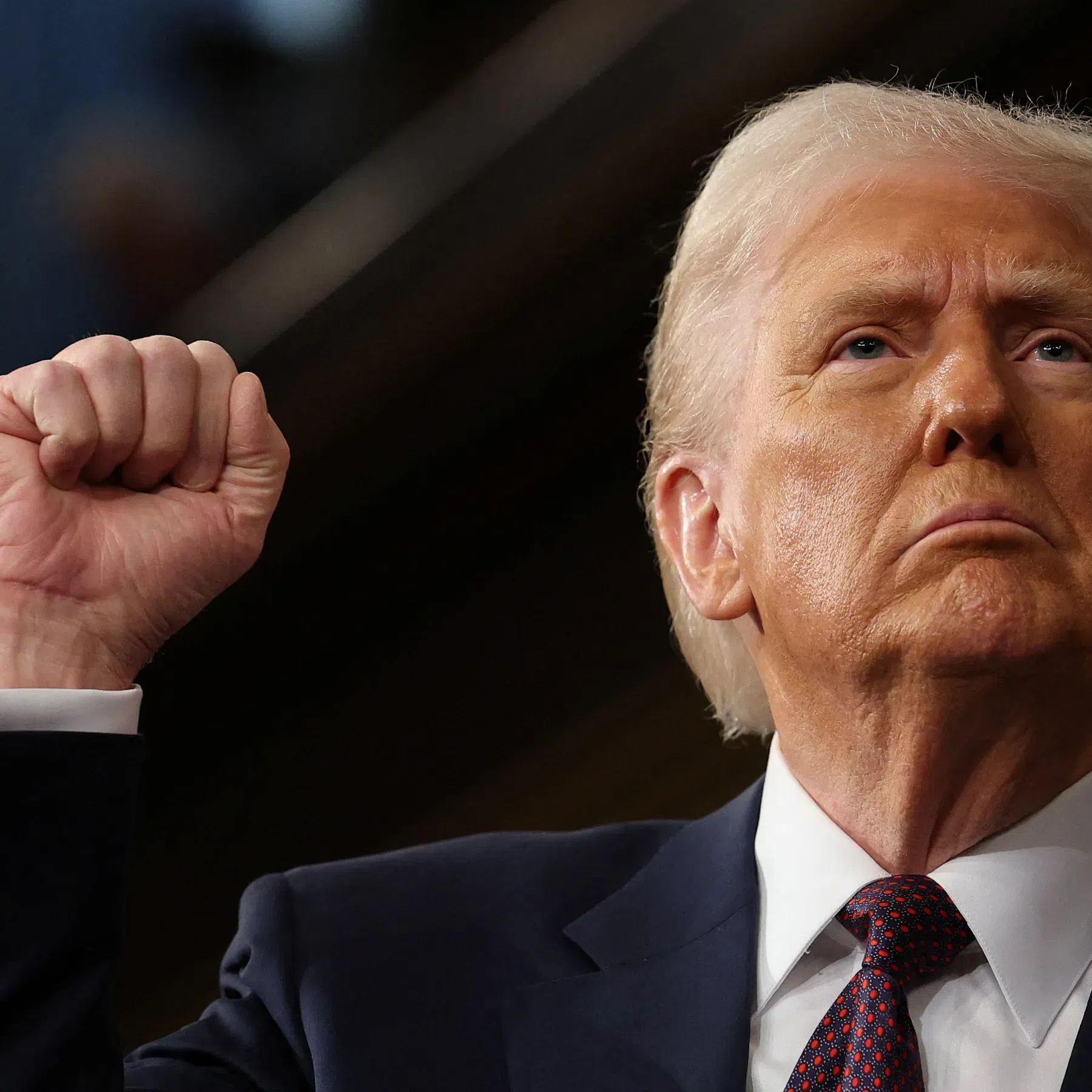

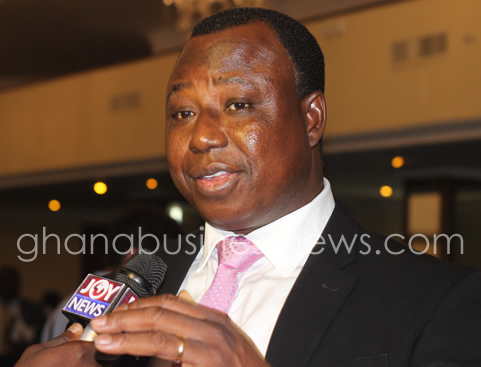

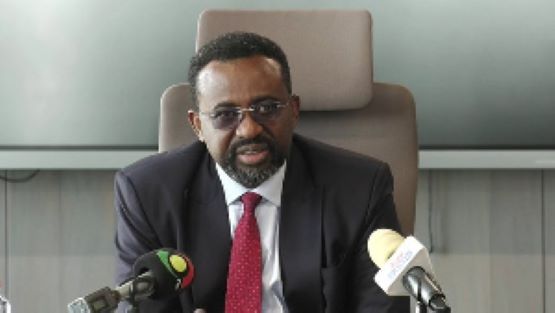

Facebook
Twitter
Pinterest
Instagram
Google+
YouTube
LinkedIn
RSS